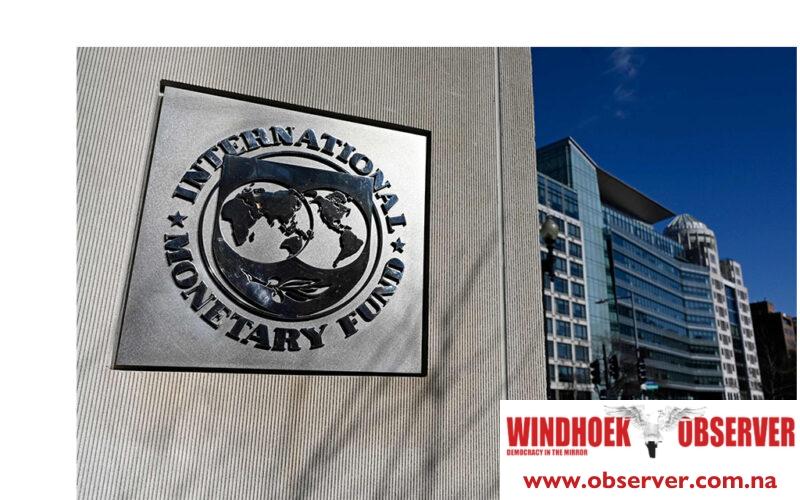The global recovery from the COVID-19 pandemic and Russia’s invasion of Ukraine remains slow and uneven, the International Monetary Fund has said.
Despite economic resilience earlier this year, with a reopening rebound and progress in reducing inflation from last year’s peaks, it is too soon to take comfort, the Fund said.
Economic activity still falls short of its pre-pandemic path, especially in emerging market and developing economies, and there are widening divergences among regions.
Several forces are holding back the recovery. Some reflect the long-term consequences of the pandemic, the war in Ukraine, and increasing geo-economic fragmentation.
Others are more cyclical in nature, including the effects of monetary policy tightening necessary to reduce inflation, withdrawal of fiscal support amid high debt, and extreme weather events.
The IMF said the global growth is forecast to slow from 3.5% in 2022 to 3% in 2023 and 2.9 % in 2024.
The projections remain below the historical (2000–19) average of 3.8%, and the forecast for 2024 is down by 0.1 percentage point from the July 2023 Update to the World Economic Outlook. For advanced economies, the expected slowdown is from 2.6% in 2022 to 1.5% in 2023 and 1.4% in 2024, amid stronger-than-expected US momentum but weaker-than-expected growth in the euro area.
Emerging market and developing economies are projected to have growth modestly decline, from 4.1% in 2022 to 4% in both 2023 and 2024, with a downward revision of 0.1 percentage point in 2024, reflecting the property sector crisis in China.
IMF said risks to the outlook are more balanced than they were six months ago, on account of the resolution of US debt ceiling tensions and Swiss and US authorities’ having acted decisively to contain financial turbulence.
The IMF said likelihood of a hard landing has receded, but the balance of risks to global growth remains tilted to the downside.




